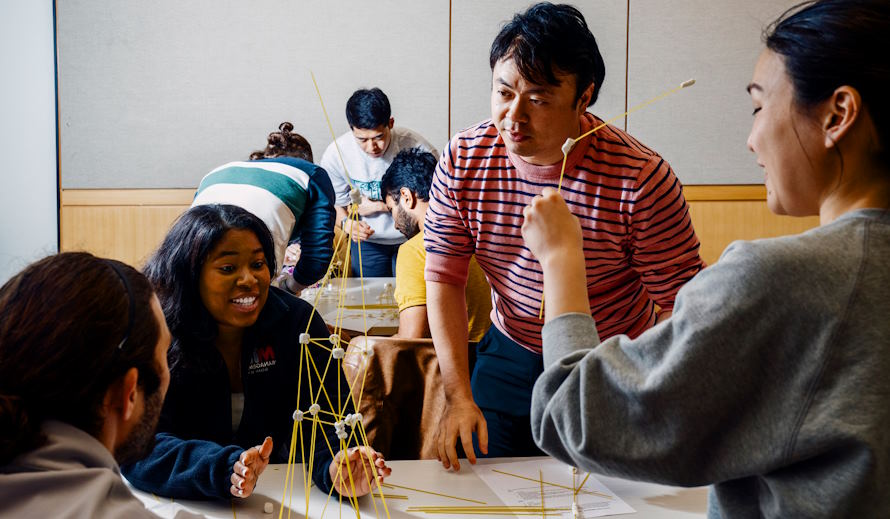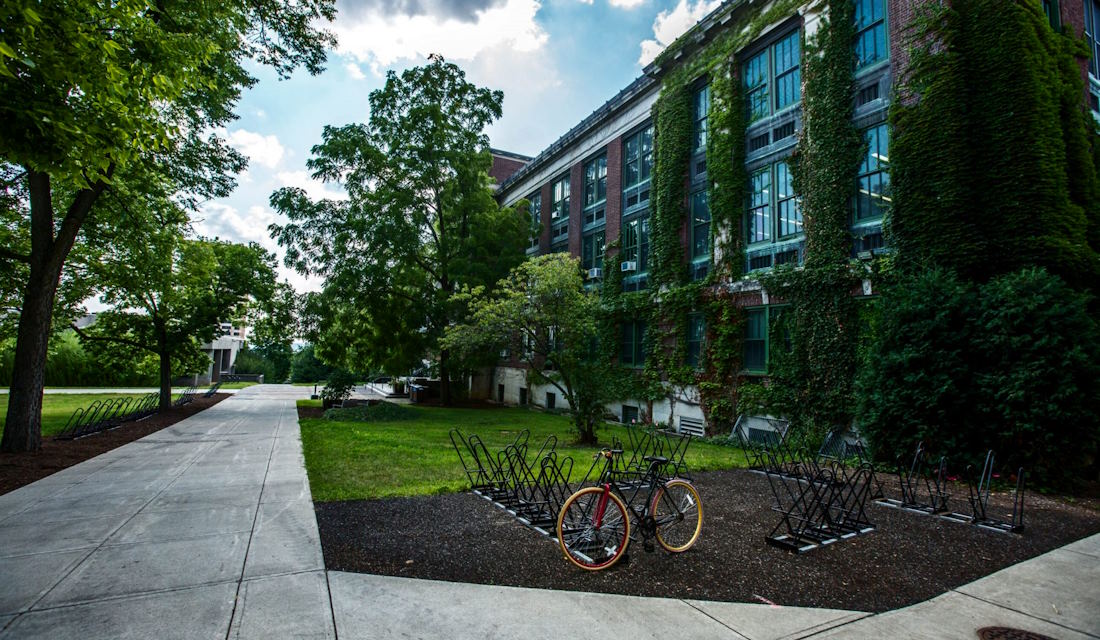
Building Leadership Skills Through Student-Led Clubs and Organizations
As the world continues to evolve and demand multifaceted skills from its future leaders, the traditional classroom setting is being complemented by dynamic platforms that encourage hands-on learning and skill development. Student-led clubs and organizations stand out as catalysts for this transformation, serving as incubators for leadership potential.
The Role of Student-Led Clubs in Developing Leadership Skills
Opportunities for Taking Initiative:
One of the primary ways student-led clubs contribute to leadership development is by providing ample opportunities for students to take initiative. Whether it’s planning and organizing events, initiating projects, or spearheading campaigns, students in leadership roles within clubs learn the art of taking charge and making things happen. The hands-on experience gained through these endeavors builds a foundation for future leadership roles, instilling a sense of responsibility and accountability.
Decision-Making and Problem-Solving:
Within the microcosm of a student-led club, leaders often find themselves navigating challenges that require quick and effective decision-making. Whether it’s addressing internal issues within the club or handling conflicts among members, these experiences hone decision-making and problem-solving skills. The ability to think critically and strategically in the face of adversity is a hallmark of effective leadership, and student-led clubs offer a safe and supportive space for students to develop and refine these skills.

Learning Effective Communication through Student Organizations
Public Speaking and Presentation Skills:
Effective communication is a cornerstone of leadership, and student-led clubs provide a platform for students to enhance their public speaking and presentation skills. Whether it’s addressing club members, organizing events, or representing the club in external settings, leaders learn to articulate their ideas with clarity and conviction. This experience not only boosts confidence but also lays the groundwork for future leadership roles that require effective communication on various platforms.
Team Collaboration and Interpersonal Communication:
Leadership is often synonymous with teamwork, and student-led clubs offer a fertile ground for developing collaboration and interpersonal communication skills. Working with diverse personalities, navigating conflicting opinions, and fostering a cohesive team spirit are invaluable experiences that contribute to a leader’s ability to manage and motivate a team effectively. These interpersonal skills extend beyond the confines of the club, preparing students for the collaborative demands of the professional world.
Building Confidence and Self-Efficacy
Taking on Leadership Roles within Clubs:
Assuming leadership roles within student clubs is a transformative experience that significantly contributes to the development of confidence and self-efficacy. Whether it’s leading meetings, making decisions, or representing the club in various capacities, students learn to trust their abilities and navigate challenges with resilience. The sense of accomplishment derived from successfully leading a club initiative or event fosters a belief in one’s capacity to effect positive change—a mindset essential for effective leadership.

Overcoming Challenges and Adversity:
Leadership is not immune to challenges and setbacks, and student-led clubs provide a controlled environment for leaders to encounter and overcome adversity. Whether it’s a logistical hiccup in organizing an event or a disagreement among club members, facing and addressing challenges head-on builds resilience and problem-solving skills. These experiences become foundational lessons that prepare students for the uncertainties and complexities of leadership roles in their future careers.
Developing Time Management and Organizational Skills
Juggling Academic Responsibilities with Club Involvement:
Student-led clubs necessitate a delicate balance between academic responsibilities and active participation. Leaders in these clubs learn the art of effective time management, ensuring that their academic performance remains a priority while fulfilling their roles within the club. This dual responsibility fosters organizational skills, as leaders must plan and execute club activities within the constraints of their academic schedules.
Planning and Executing Events on a Schedule:
From organizing fundraisers to hosting workshops, student clubs involve meticulous planning and execution. Leaders learn to create realistic timelines, delegate tasks, and coordinate with team members to ensure the successful implementation of events. These organizational skills not only benefit the club but also equip leaders with the ability to manage complex projects in their future professional lives.








